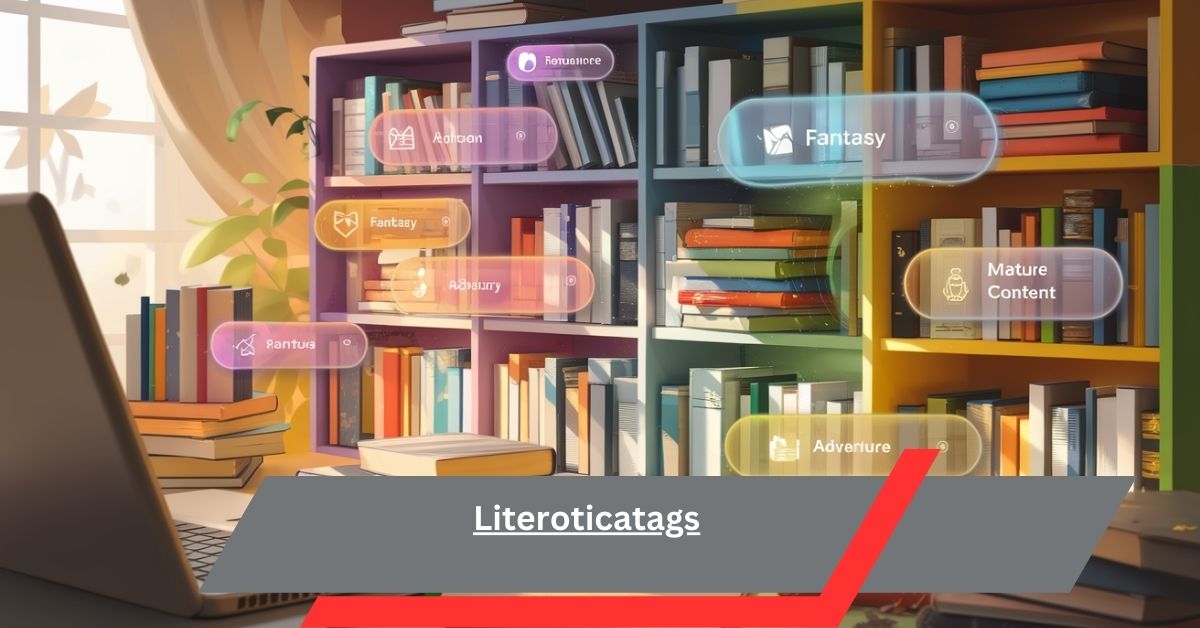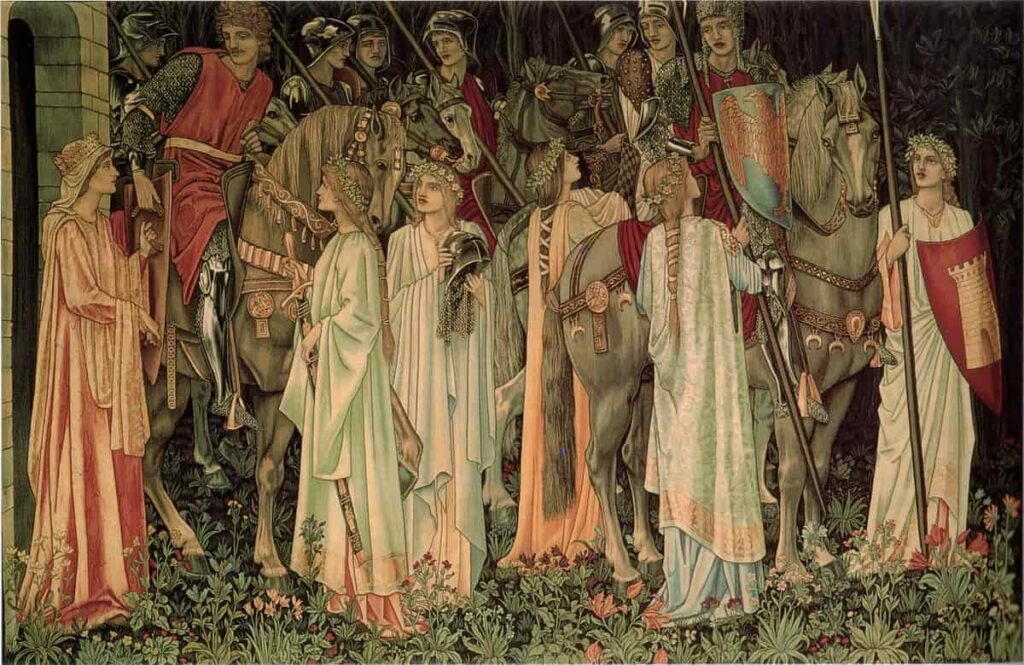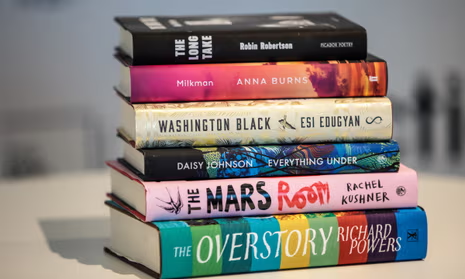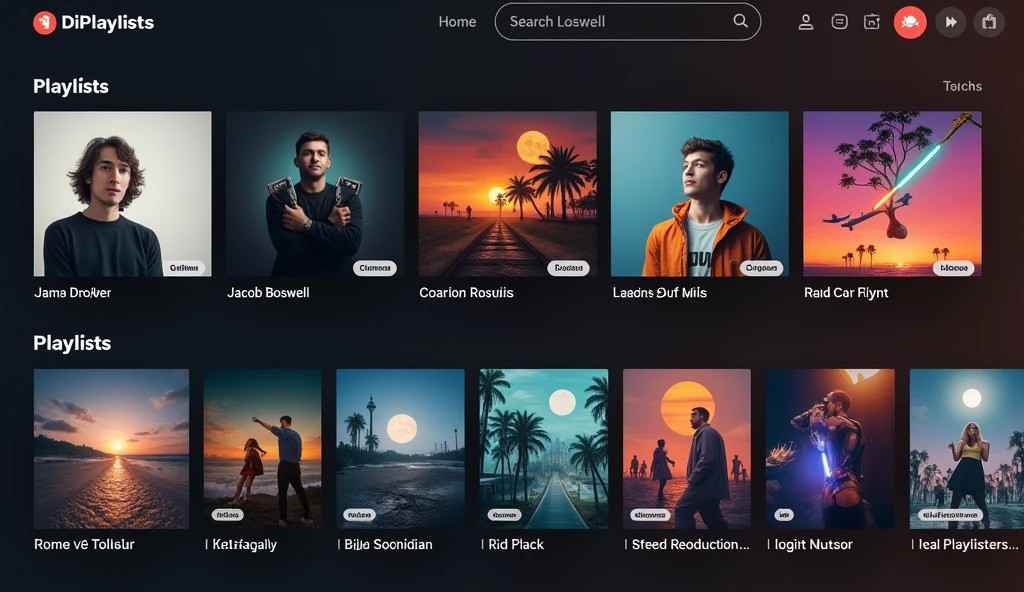
literoticatags transformed my reading experience by helping me find exactly what I was looking for. As a passionate fan fiction reader, these tags have been invaluable in navigating the vast array of stories.
Literoticatags are keywords used to categorize and describe online literature and fan fiction. They help readers find stories by genre, theme, or content, making it easier to discover content that matches their interests.
We’ll examine how these tags enhance the visibility of stories, help readers find content that aligns with their interests, and provide strategies for using them effectively.
What Are Literoticatags?

Literoticatags are special keywords or phrases used to describe different parts of an online story, like its themes, genres, or specific content.
They help categorize stories, making it easier for readers to find exactly what they’re interested in, whether it’s a romance, fantasy, or a story with certain elements.
For writers, literoticatags are crucial because they improve how easily their stories can be discovered by the right audience. By using these tags, authors can ensure their stories reach readers who are looking for particular themes or types of content.
What Types Of Tags Are Included In Literoticatags?
Genre Tags
Genre tags classify stories based on their genre, such as romance, science fiction, or fantasy. These tags help readers find stories that fit their preferred genre and provide a quick way to explore similar content.
Theme Tags
Theme tags describe the underlying themes or motifs of a story. Examples include themes like redemption, friendship, or coming of age. These tags give readers insight into the story’s deeper meaning and help them find stories exploring specific themes.
Content Tags
Content tags specify particular elements or types of content within a story, such as mature content, violence, or supernatural elements. These tags are useful for readers who have specific content preferences or sensitivities.
Pairing Tags
Pairing tags indicate the relationships between characters in a story. This is especially common in fan fiction, where readers often search for stories featuring specific character pairings, like Harry Potter and Hermione Granger or Kirk and Spock.
Trigger Warnings
Trigger warnings are used to alert readers to potentially distressing content, such as abuse, trauma, or self-harm. These tags help readers avoid content that might be emotionally or psychologically triggering.
Additional Tags
Some platforms offer additional tags for unique features, such as story settings, narrative styles, or character types. These tags help further categorize stories and make it easier for readers to find exactly what they’re looking for.
Read Also: Sound Of Angry Grunt Nyt – Here To Know!
When Did Literoticatags Become Popular In Fan Fiction?

Literoticatags started gaining popularity in fan fiction around the early 2000s as online platforms for writing and reading fan-created stories began to grow.
Websites like Archive of Our Own (AO3) and Wattpad introduced tagging systems to help organize and categorize stories more effectively.
As fan fiction communities expanded, the use of literoticatags became essential for helping readers find specific content and for writers to reach their target audience. The widespread adoption of these tags has made it easier for fans to discover and engage with the stories they love.
Why Are Accurate Literoticatags Important For Authors?
Improves Discoverability: Accurate tags help ensure that stories are found by readers searching for specific genres, themes, or content.
Attracts the Right Audience: Proper tagging attracts readers who are interested in the particular aspects of the story, leading to a more engaged audience.
Enhances Reader Satisfaction: By accurately reflecting the content, tags help prevent mismatched expectations, reducing the likelihood of negative feedback.
Boosts Story Visibility: Well-tagged stories are more likely to appear in relevant search results and recommendations, increasing their visibility.
Facilitates Targeted Marketing: Accurate tags allow authors to better target their stories in promotions and campaigns, reaching readers who are most likely to be interested.
Read Also: https://finanzasdomesticas.com/china-prohibe-las-criptomonedas/ – Must Know!
How Do Literoticatags Differ From Traditional Book Genres?
Specificity:
Literoticatags offer more detailed categorization than traditional book genres. While genres like romance or fantasy provide a broad category, literoticatags can include specific elements like “mature content” or “supernatural elements,” allowing for more precise classification.
Flexibility:
Literoticatags can cover a wide range of themes, content types, and pairings, whereas traditional genres are often more rigid and less detailed. This flexibility allows for a richer and more nuanced description of the story’s content.

User-Generated:
Literoticatags are often created and used by the community of readers and writers on platforms like AO3 and Wattpad, reflecting current trends and interests.
Traditional book genres are generally established by publishers and literary institutions, which can be less responsive to emerging trends.
Contextual Relevance:
Literoticatags are frequently used to denote specific content and themes relevant to fan fiction and online literature, such as character pairings or niche interests. Traditional genres, on the other hand, are broader and may not capture the nuances of fan fiction or online storytelling.
Why Should Writers Use Literoticatags?
Writers should use literoticatags because they help readers easily find their stories based on specific interests and themes.
By tagging their stories with relevant keywords, authors can attract readers who are looking for particular genres, content, or themes, making it easier for their work to be discovered.
Using literoticatags also helps ensure that readers have accurate expectations about the story. This can lead to higher satisfaction and positive feedback, as readers are more likely to enjoy a story that matches their interests.
Overall, effective tagging can increase a story’s visibility and success in the crowded world of online literature.
Read Also: Everything You Need to Know About Flicknest.guru: The Ultimate Guide
FAQs:
Why Are Literoticatags Important For Readers?
Literoticatags help readers quickly find stories that align with their specific interests or preferences. They allow for easy filtering and searching of content based on themes, genres, and other elements, enhancing the reading experience.
How Do Literoticatags Benefit Writers?
For writers, literoticatags increase the visibility of their stories and attract the right audience. Accurate tagging helps ensure that stories reach readers who are interested in specific themes or genres, which can lead to higher engagement and positive feedback.
How Can I Find Stories Using Literoticatags?
You can find stories using literoticatags by utilizing advanced search options on platforms that host online literature. Combining multiple tags, exploring popular tag pages, and checking tag descriptions can also help refine your search and discover relevant content.
When Did Literoticatags Become Popular In Fan Fiction?
Literoticatags started becoming popular in fan fiction around the early 2000s, as online platforms like Archive of Our Own (AO3) and Wattpad began using tagging systems to categorize and organize stories more effectively.
How Do Literoticatags Differ From Traditional Book Genres?
Literoticatags offer more detailed and specific categorization compared to traditional book genres. They allow for precise description of themes, content, and character relationships, while traditional genres are broader and less detailed.
Conclusion:
Literoticatags are a vital tool in the realm of online literature and fan fiction, significantly enhancing how stories are categorized and discovered. By using these tags effectively, authors can improve the visibility of their work and connect with readers who have specific interests or preferences.
For readers, literoticatags make it easier to find stories that match their tastes and avoid content that doesn’t align with their expectations.
Read Also:







